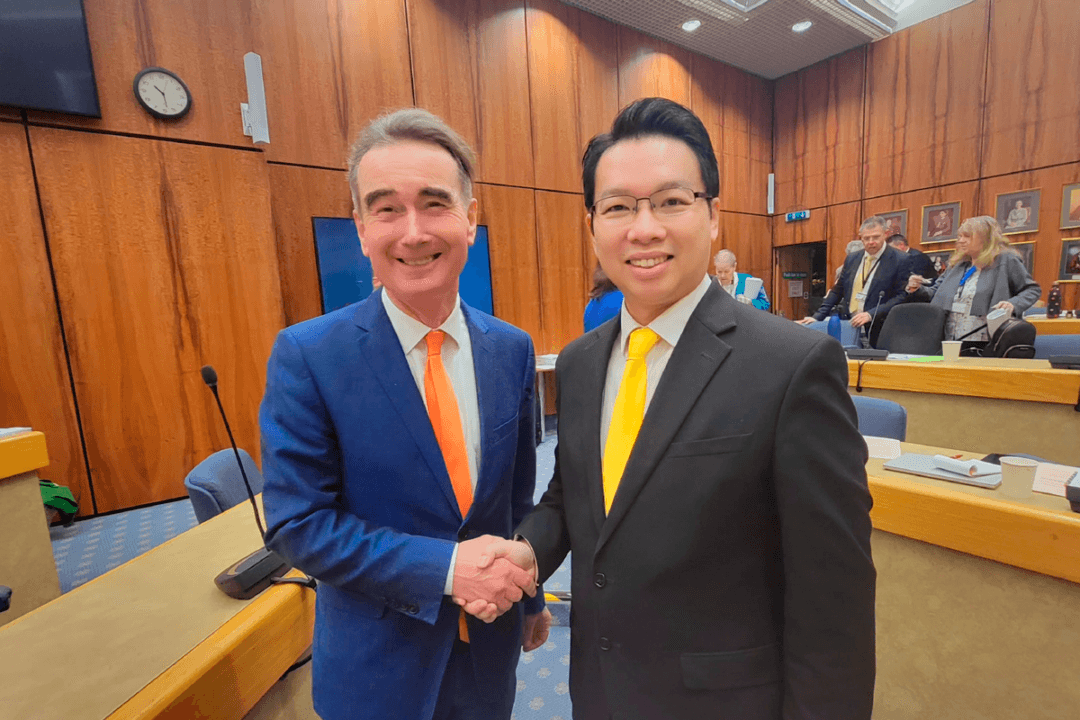After China’s plans to build a “super-embassy” on the site of the former Royal Mint Court in London triggered protests by thousands of people, Andy Ng Siu-Hong, a former Hong Kong district councilor who is currently a local councilor in Wokingham, England—west of London—introduced a motion against the plan on March 20, and the motion passed.
The term “super-embassy” refers to China’s proposal to build a much larger and more prominent diplomatic complex at the former Royal Mint Court site. This new embassy would far exceed the size of the current Chinese Embassy in the UK, raising concerns among the public.
Ng, a former councilor for the Central and Western District of Hong Kong, resigned in 2021 and emigrated to the UK. In that same year, many other local councilors resigned because they were unwilling to declare their allegiance to the Hong Kong government.After coming to the UK, Ng ran for election on behalf of the British Liberal Democratic Party (LDP) in 2024 and was successfully elected as a member of the Wokingham Council.




